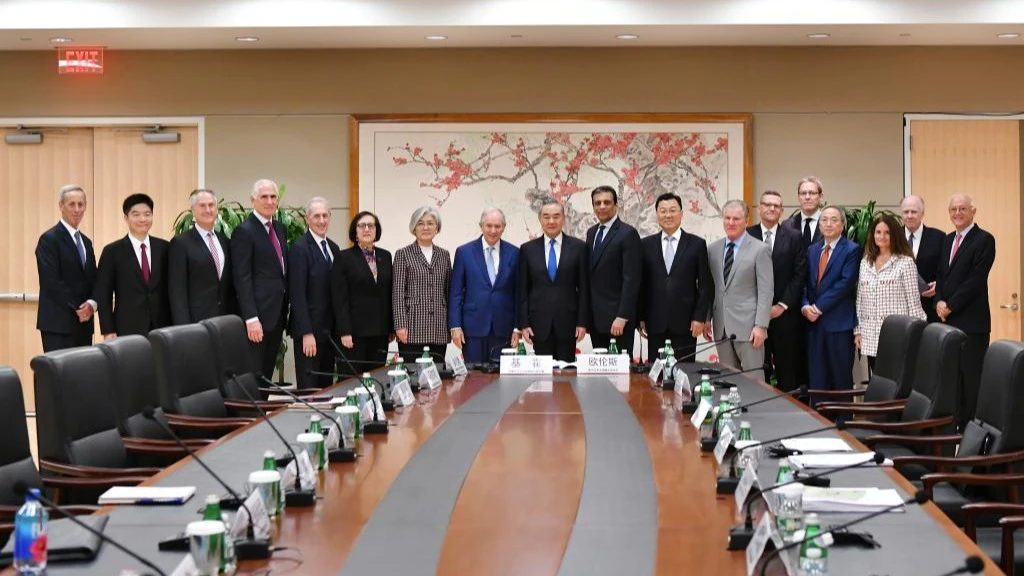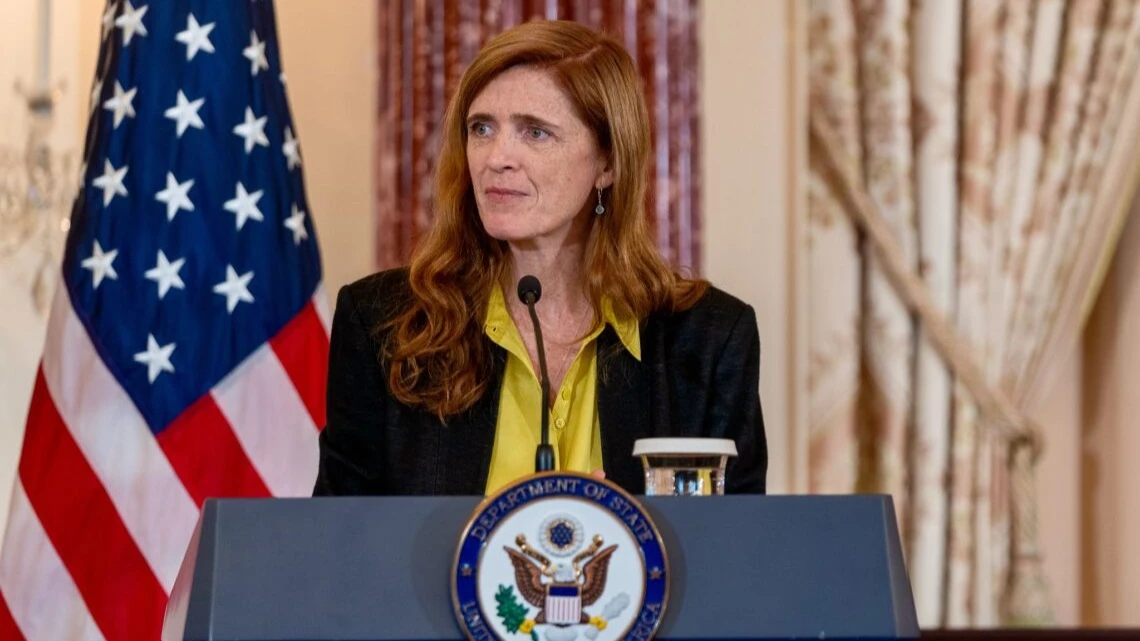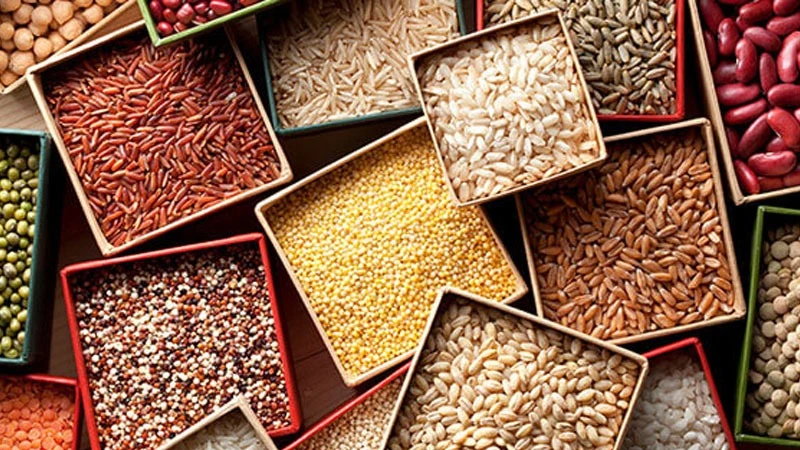‘Tax incentives on industries laudable’

THE Confederation of Tanzania Industries (CTI), has praised national Budget arrangements for setting priorities that will stimulate industrial growth.
Leodegar Tenga, the CTI executive director, aired this view in remarks to reporters in his office yesterday, explaining what industrialists feel about the fiscal plan for 2024/25.
He said that the government has been responsive to the needs of industries, thus whenever CTI has something to ask for, government doors are open so that industrialists don’t get stuck.
Industrialists are happy with local content requirements in the development of strategic projects such as the standard gauge railway as this will help local industries enhance production capacity, he stated.
Projects like SGR promote the economy as industries produce in large quantities and cut transport costs, he said, noting that strategic projects show the intensity of government commitment to development, taking up railway construction, water projects, roads and ports.
All this helps to develop industries, he said, pointing out that the price of cement in Dar es Salaam stands at 16,000/- to 17,000/- while carrying it to Mwanza raises costs by 10,000/- to 12,000/-, making a bag of cement sell at 28,000/- in the lakeside city.
"SGR will reduce the cost of transportation, cut product prices and enable local industries to grow,’ he declared, emphasising that when the government does well the private sector must commend its performance.
He said this year’s budget is expected to mobilize more domestic revenues compared to the outgoing budget projections, owing to reforms in the tax structure, fees and levies, tied with amending laws and regulations to improve the business environment.
He listed reforms targeting the industrial sector as visible in VAT, excise duty, fees, regulatory agency charges and import duty, citing positive measures as including the introduction of an industrial development levy on imported goods.
This is intended to protect local manufacturing, spur investments and increase exports, he said, pointing at the reduction of fees and charges imposed by regulatory bodies as helping to reduce production costs.
CTI was also happy with the reduction of import duty on industrial raw materials and production inputs, likely to enhance the competitiveness of domestic industries.
Zero rating of VAT on textile products manufactured with locally grown cotton will stimulate investment in the local textile industry, he said, elaborating that the proposed tax measures would assist domestic industries by lowering production costs. They would also encourage the use of local materials, boost competitiveness and drive economic growth, he affirmed.
CTI appreciates that the budget recognizes the crucial role of enhancing the infrastructure network, improving transport links to create a favourable business environment, he said.
“It specifically allocates substantial resources to expanding transportation infrastructure, boosting electricity supply and establishing special economic zones,” he pointed out.
The selected priorities for fiscal 2024/25 enhance prospects for the sustainable development of industries, he said, noting further that CTI submitted tax proposals to the government for the current fiscal plan.
Some have not been included in the budget speech thus CTI respectfully requests that the government take a look at those proposals for better prospects for industrial sector growth and the wider economy, he added.
Top Headlines
© 2024 IPPMEDIA.COM. ALL RIGHTS RESERVED






















